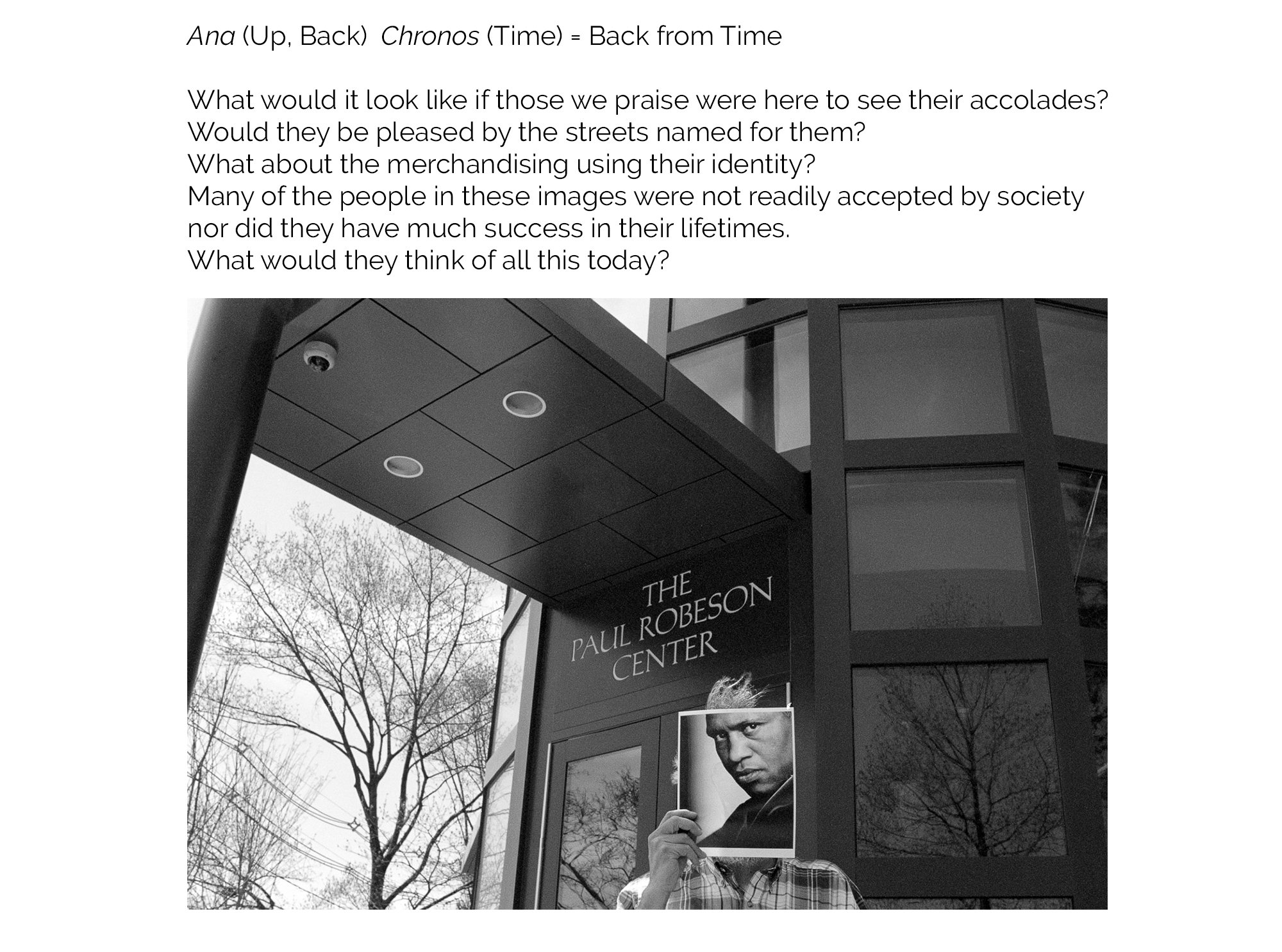

Very little is known about the artist Vermeer and it appears that he rarely left the city of Delft in the Netherlands. His recent exhibit at the Rijksmuseum sold out before it opened and is being celebrated all over the world. What would he think of his fame today?
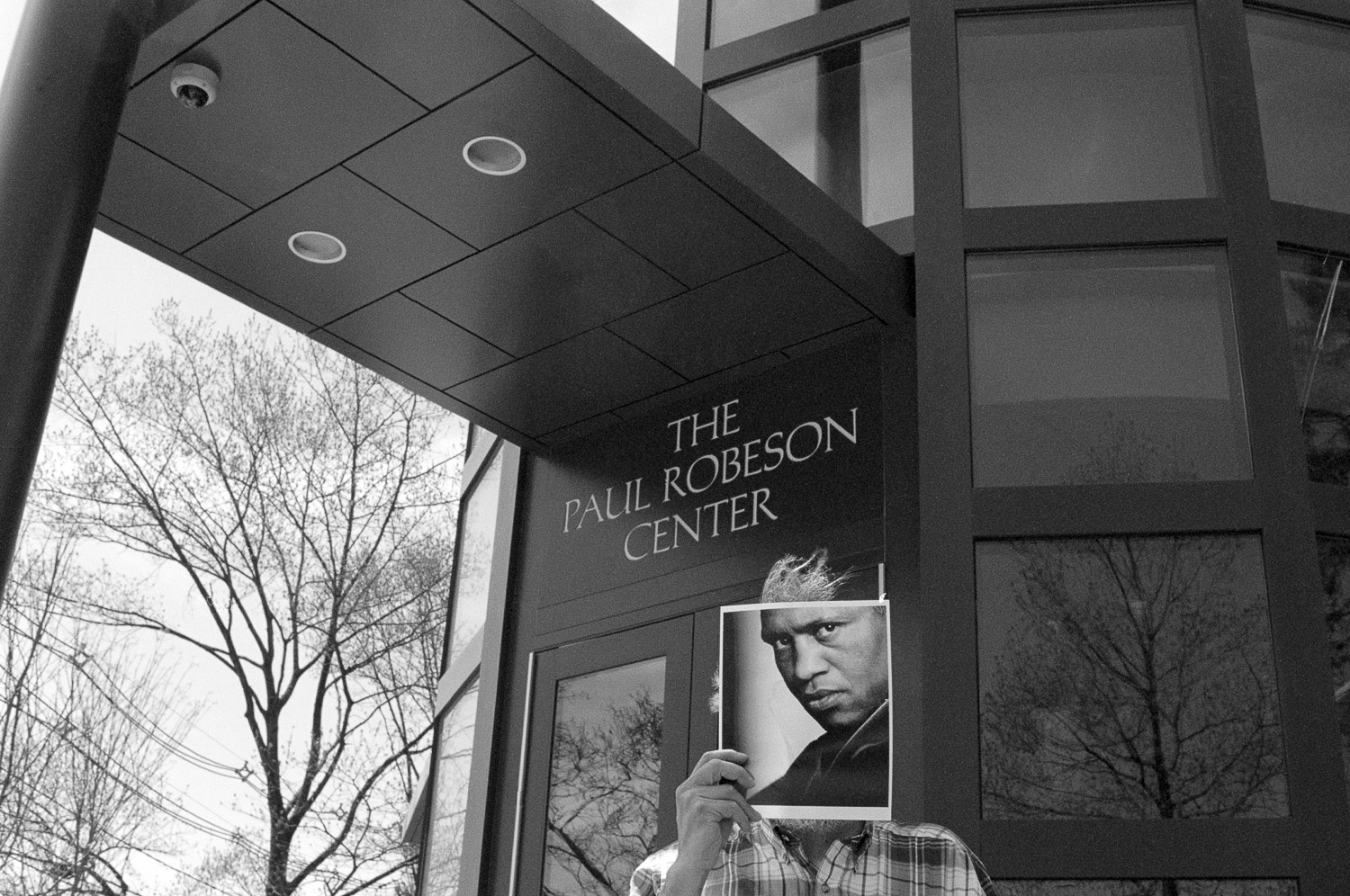
Paul Robeson was born in “Jim Crow” Princeton in 1898. Today, many streets and buildings in Princeton are named after Robeson. What would life be like for him if he were to walk the streets of Princeton today?

Vincent Van Gogh painted for 10 years and sold only one painting before committing suicide at the age of 37. What would he think about the influence his work has had on the art world? What would he think of his admirers?
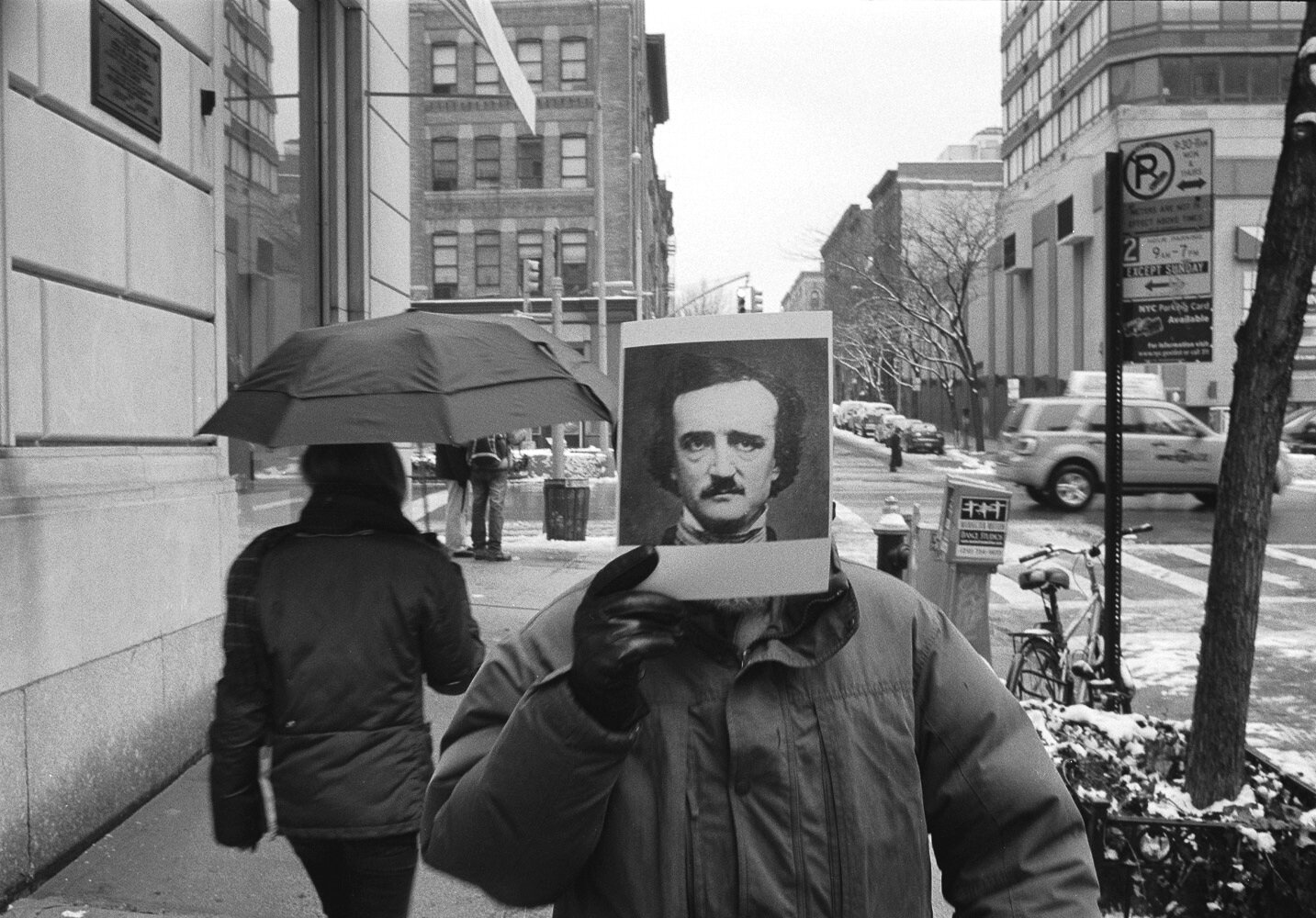
In 1844, Edgar Allan Poe was a struggling writer and could not afford the rents of Greenwich Village. He moved to a farmhouse on West 84th St and Broadway, where he finished The Raven. He sold The Raven for $8 and moved to the Bronx.

Emily Warren Roebling helped complete the construction of the Brooklyn Bridge in the 1880s when her husband became ill with decompression sickness. She studied technical issues about strength of materials, stress analysis, and cable construction. In 1899, at the age of 56, she obtained a law certificate from NYU. She did all this during the Victorian Era.
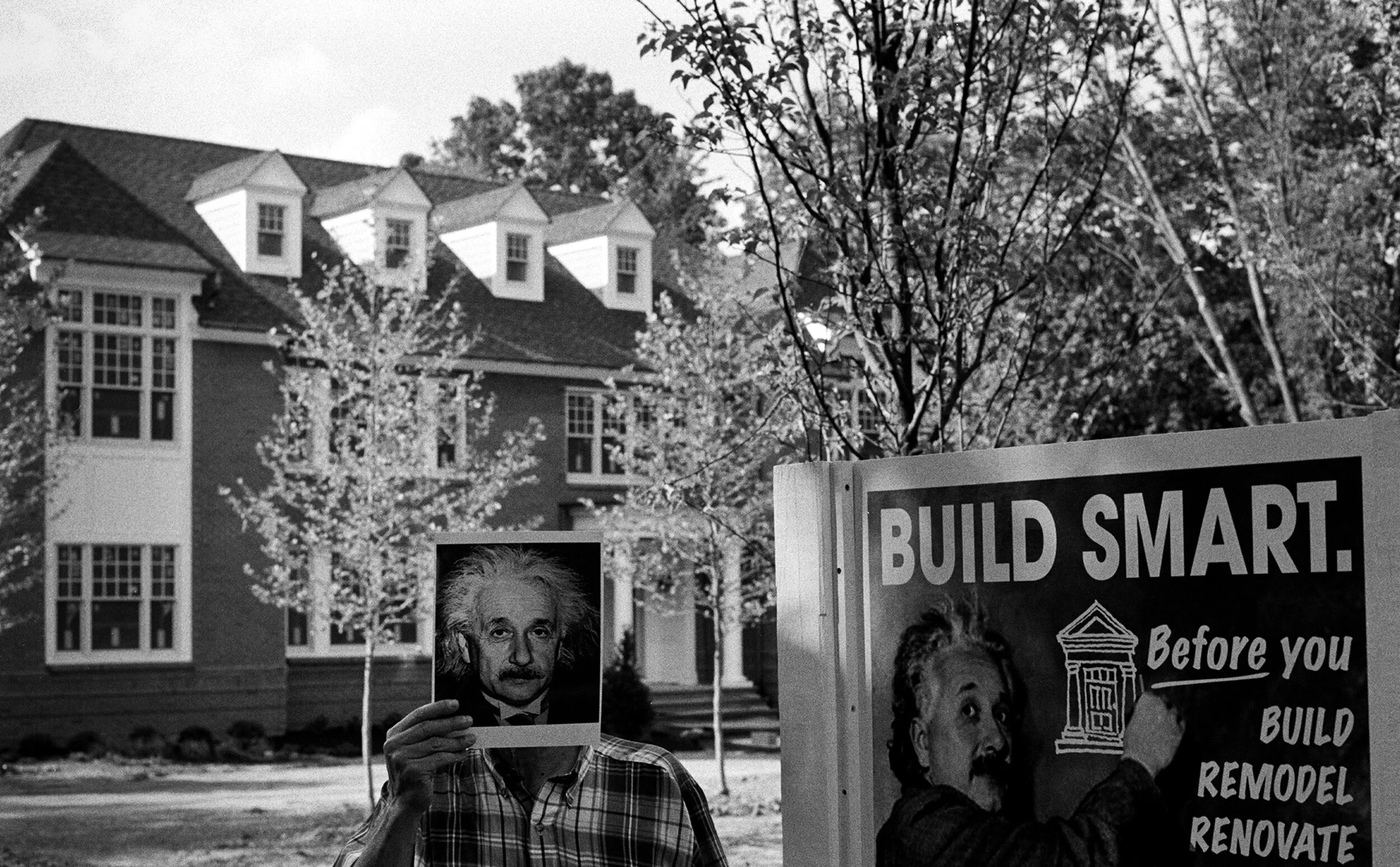
Einstein was a genius. He spent the last 20 years of his life living in Princeton, NJ. His image is repeatedly used as a symbol of intelligence. Would he approve?
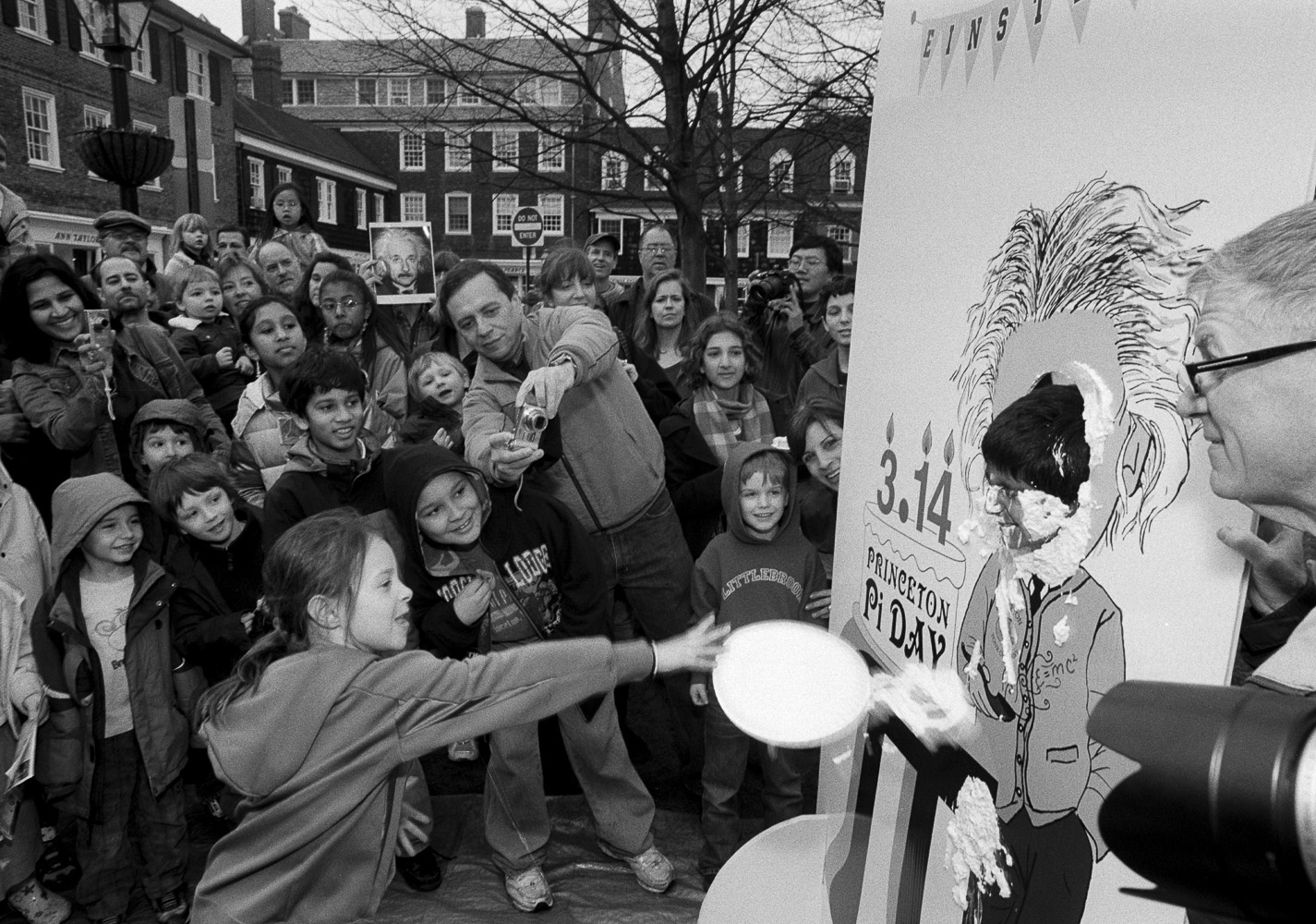
Einstein was born on March 14 or 3.14 (Pi). Every year, the Princeton community celebrates Pi Day with activities involving Einstein’s image. People throw pies at his image. Would he laugh?

Thomas Edison produced the first practical incandescent light bulb which ushered in the modern age of electricity. His Menlo Park lab was in this town, now overrun by power lines. Did he anticipate the need for power would so transform the landscape and accelerate climate change?
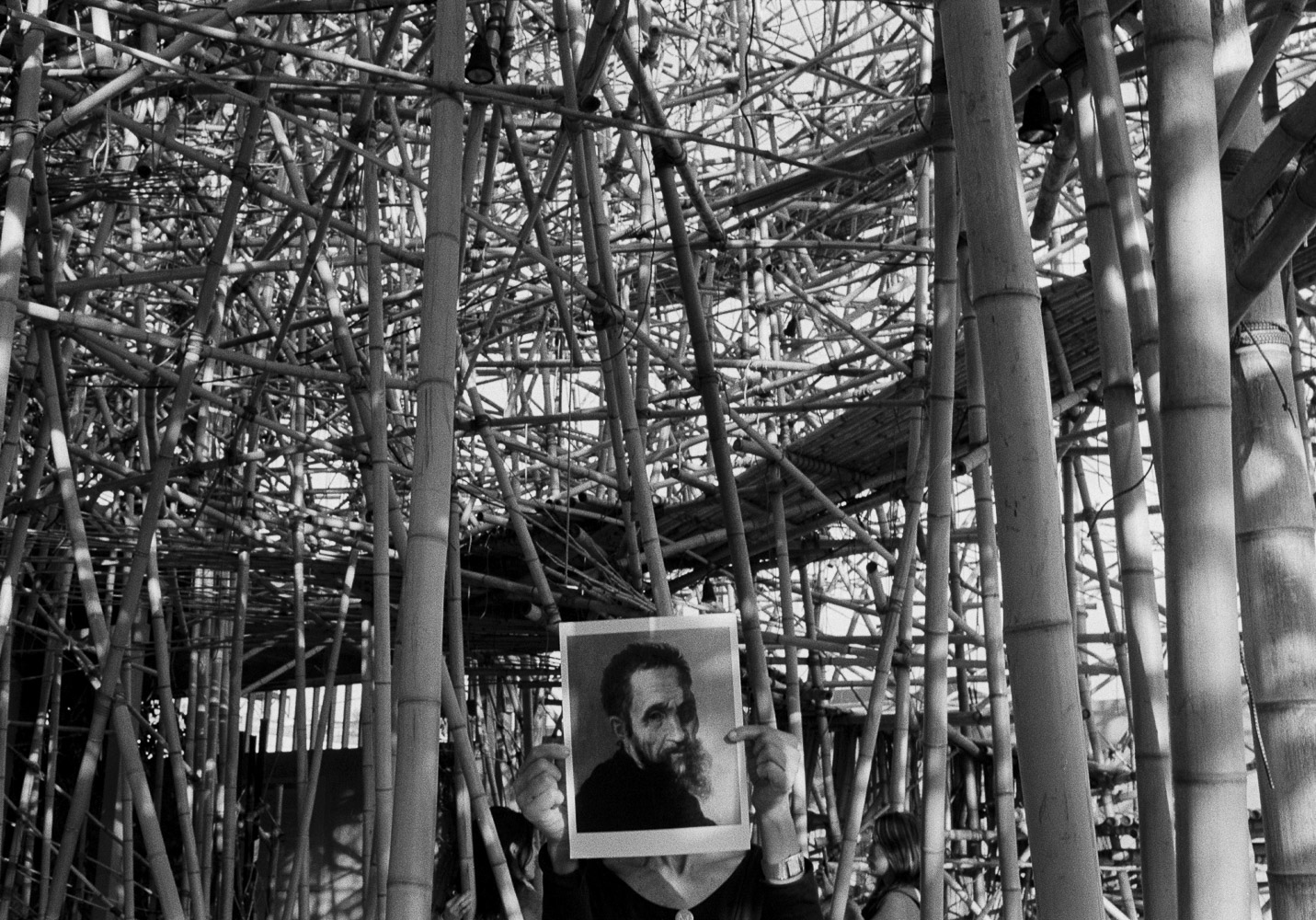
The Starn Twins constructed a sculpture of bamboo scaffolding on the roof of the Met Museum. Michelangelo spent four years lying on his back atop scaffolding to paint the ceiling of the Sistine Chapel. What would Michelangelo think about the scaffolding becoming the art?
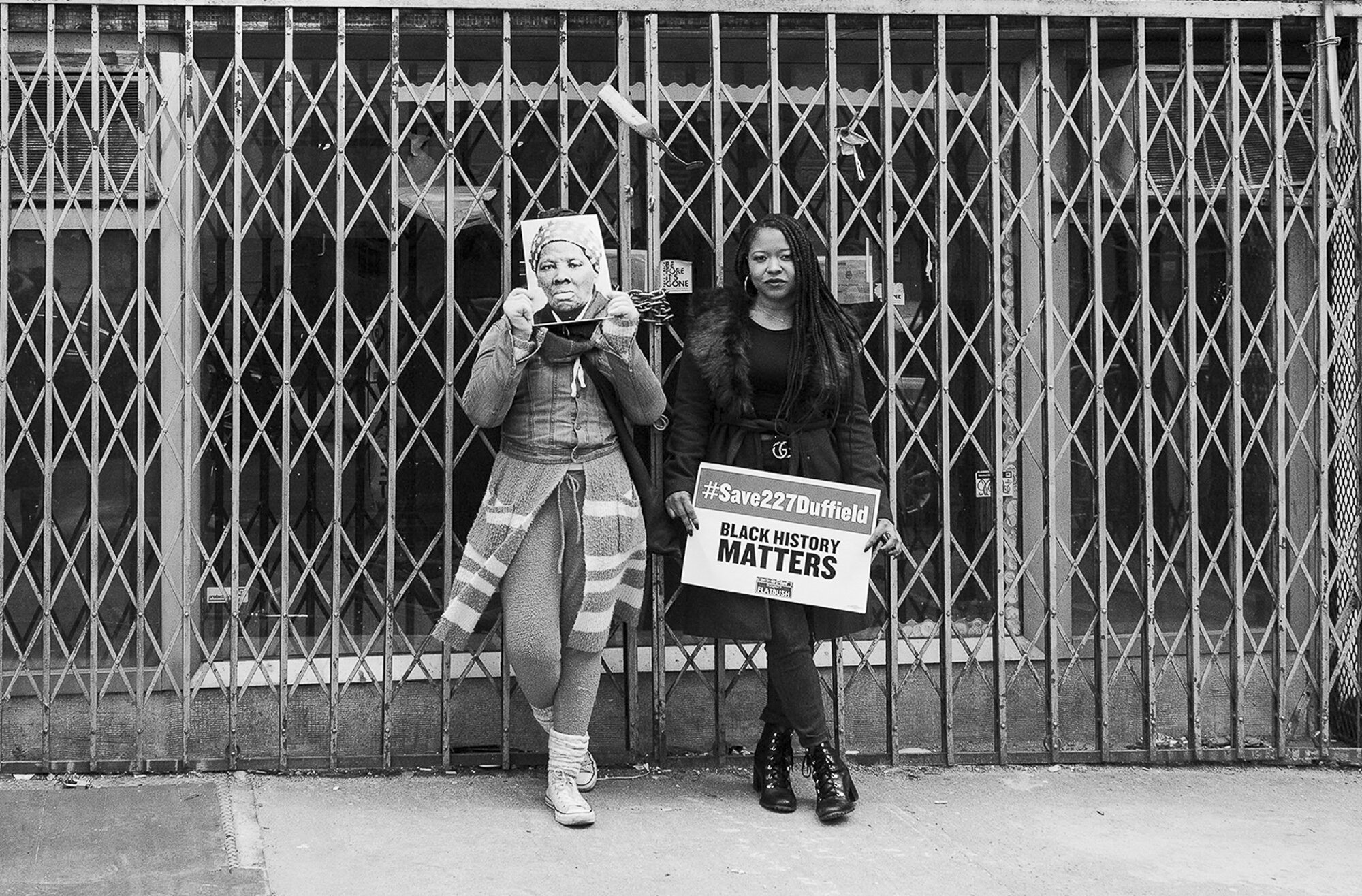
Harriet Tubman had a bounty on her head as she helped dozens of slaves to freedom via the Underground Railroad. This house, owned by abolitionists Harriet and Thomas Truesdell, was recently saved from demolition by the Landmarks Preservation Commission. What would Harriet think of this today?

Alexander Graham Bell, whose wife and mother were deaf, invented the first telephone as a result of his research into hearing devices. However, he felt the telephone was an intrusion and would not allow one in his lab. What would he think of Apple making a telephone the size of a wrist watch?
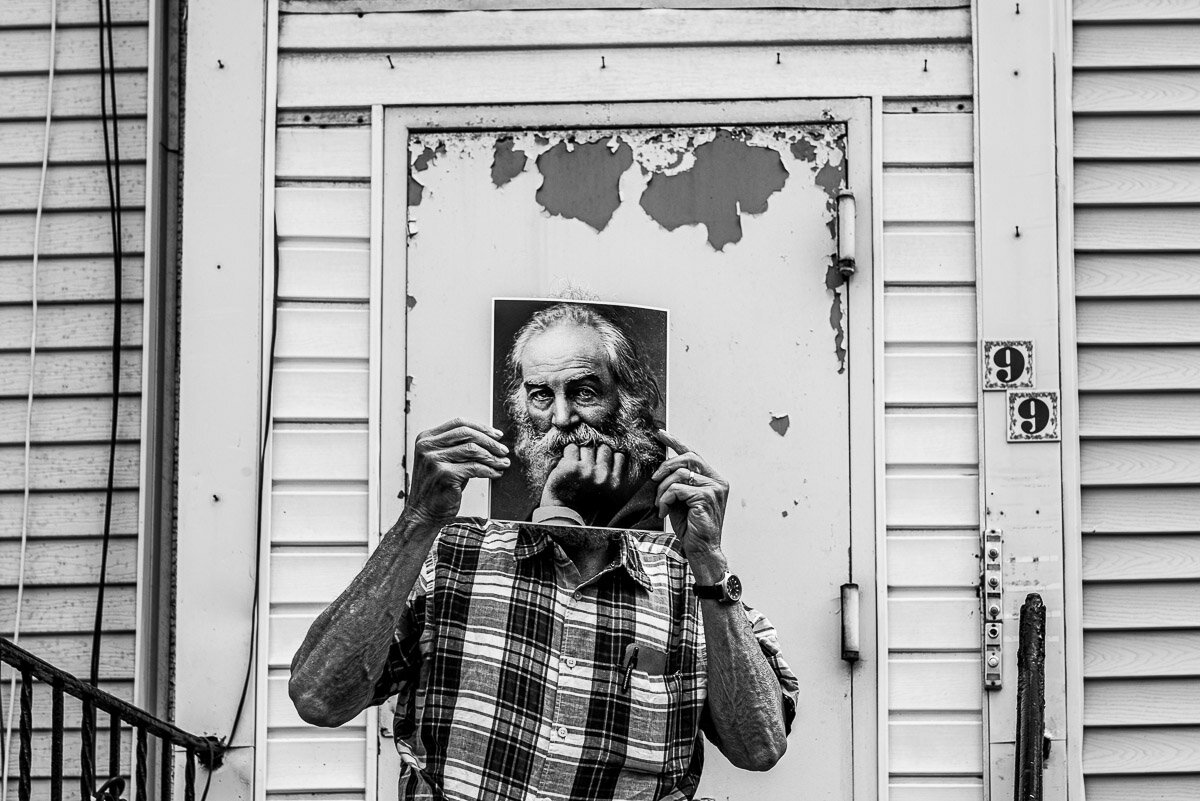
Walt Whitman completed the first edition of Leaves of Grass at 99 Ryerson St, Brooklyn. Several community organizations wish to landmark the building. There is controversy, however, because of his racist comments. Would he retract those today?
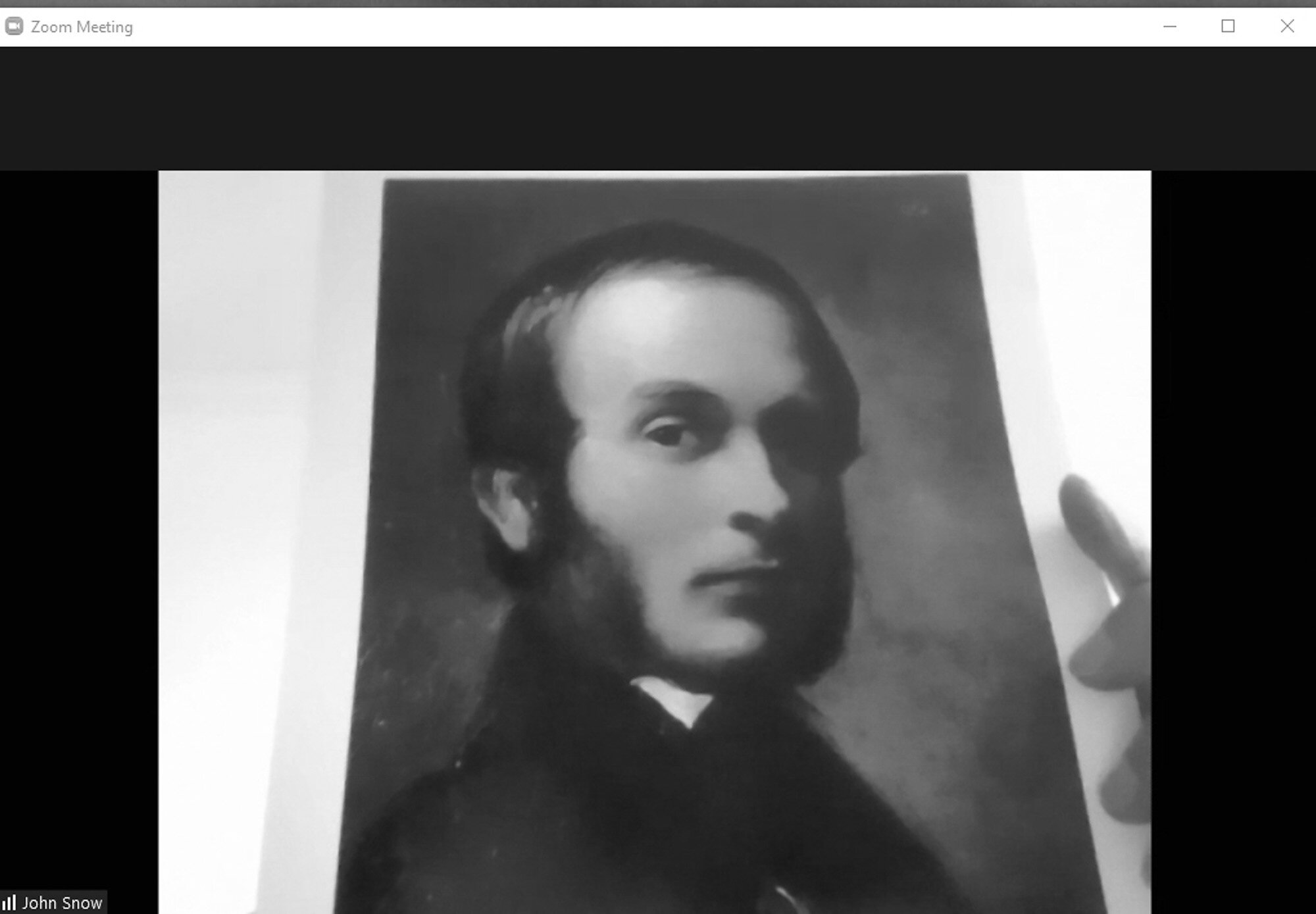
John Snow traced the source of a cholera outbreak in 1853 to contaminated water at a public pump in London. By removing the handle of the pump, he stemmed the spread of the disease. He is considered the founder of modern epidemiology. What would he be telling us now about COVID 19 on Zoom?
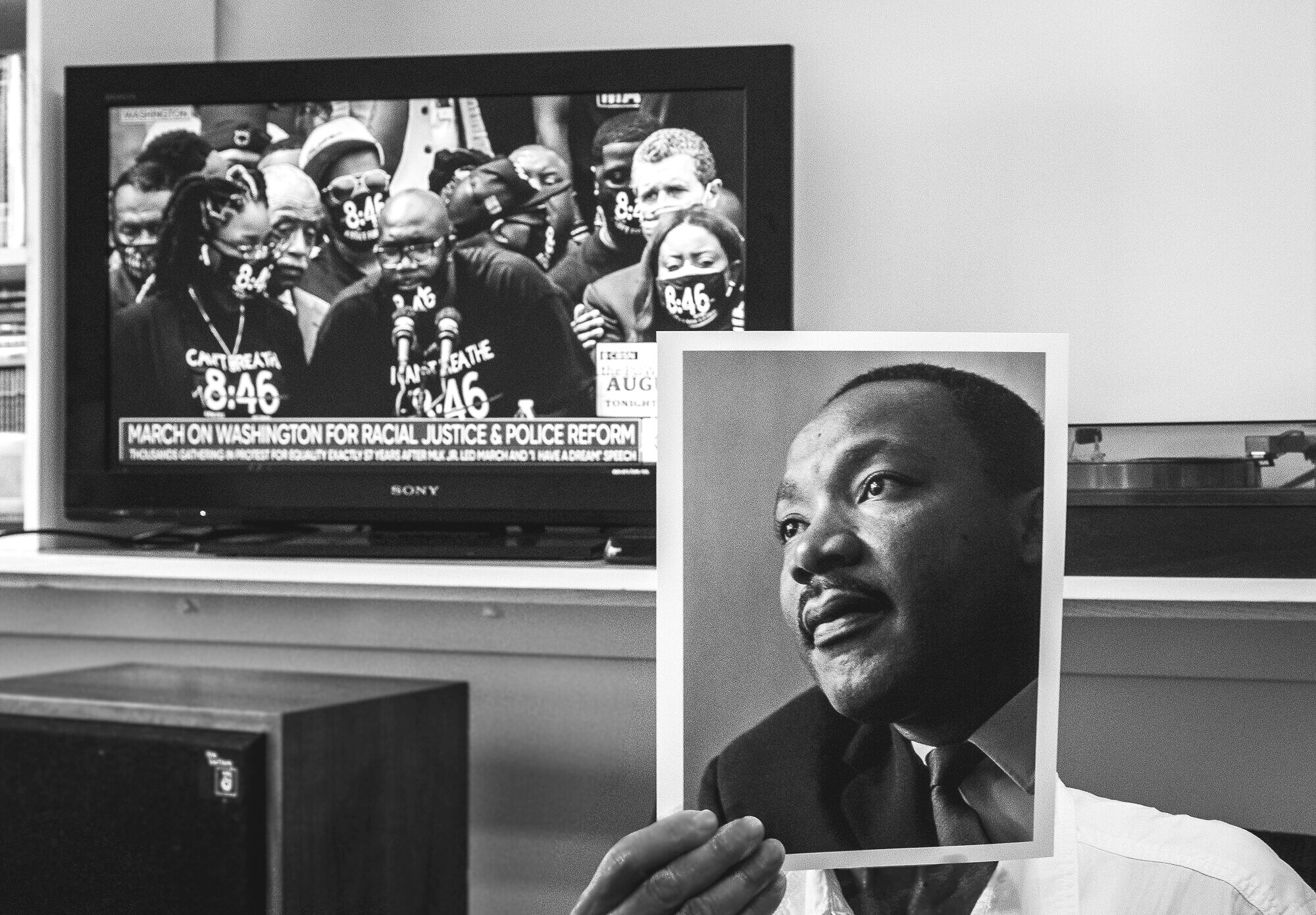
It has been 57 years since Martin Luther King’s “I Have a Dream “ speech at the March on Washington for Jobs and Freedom. Would he think that civil rights for Black Americans have improved much or not at all?















Very little is known about the artist Vermeer and it appears that he rarely left the city of Delft in the Netherlands. His recent exhibit at the Rijksmuseum sold out before it opened and is being celebrated all over the world. What would he think of his fame today?
Paul Robeson was born in “Jim Crow” Princeton in 1898. Today, many streets and buildings in Princeton are named after Robeson. What would life be like for him if he were to walk the streets of Princeton today?
Vincent Van Gogh painted for 10 years and sold only one painting before committing suicide at the age of 37. What would he think about the influence his work has had on the art world? What would he think of his admirers?
In 1844, Edgar Allan Poe was a struggling writer and could not afford the rents of Greenwich Village. He moved to a farmhouse on West 84th St and Broadway, where he finished The Raven. He sold The Raven for $8 and moved to the Bronx.
Emily Warren Roebling helped complete the construction of the Brooklyn Bridge in the 1880s when her husband became ill with decompression sickness. She studied technical issues about strength of materials, stress analysis, and cable construction. In 1899, at the age of 56, she obtained a law certificate from NYU. She did all this during the Victorian Era.
Einstein was a genius. He spent the last 20 years of his life living in Princeton, NJ. His image is repeatedly used as a symbol of intelligence. Would he approve?
Einstein was born on March 14 or 3.14 (Pi). Every year, the Princeton community celebrates Pi Day with activities involving Einstein’s image. People throw pies at his image. Would he laugh?
Thomas Edison produced the first practical incandescent light bulb which ushered in the modern age of electricity. His Menlo Park lab was in this town, now overrun by power lines. Did he anticipate the need for power would so transform the landscape and accelerate climate change?
The Starn Twins constructed a sculpture of bamboo scaffolding on the roof of the Met Museum. Michelangelo spent four years lying on his back atop scaffolding to paint the ceiling of the Sistine Chapel. What would Michelangelo think about the scaffolding becoming the art?
Harriet Tubman had a bounty on her head as she helped dozens of slaves to freedom via the Underground Railroad. This house, owned by abolitionists Harriet and Thomas Truesdell, was recently saved from demolition by the Landmarks Preservation Commission. What would Harriet think of this today?
Alexander Graham Bell, whose wife and mother were deaf, invented the first telephone as a result of his research into hearing devices. However, he felt the telephone was an intrusion and would not allow one in his lab. What would he think of Apple making a telephone the size of a wrist watch?
Walt Whitman completed the first edition of Leaves of Grass at 99 Ryerson St, Brooklyn. Several community organizations wish to landmark the building. There is controversy, however, because of his racist comments. Would he retract those today?
John Snow traced the source of a cholera outbreak in 1853 to contaminated water at a public pump in London. By removing the handle of the pump, he stemmed the spread of the disease. He is considered the founder of modern epidemiology. What would he be telling us now about COVID 19 on Zoom?
It has been 57 years since Martin Luther King’s “I Have a Dream “ speech at the March on Washington for Jobs and Freedom. Would he think that civil rights for Black Americans have improved much or not at all?
